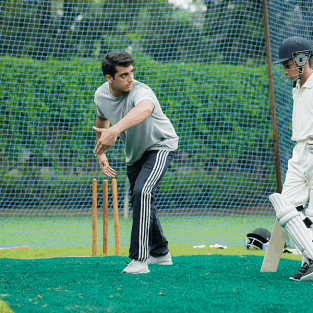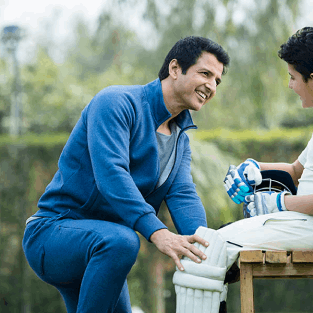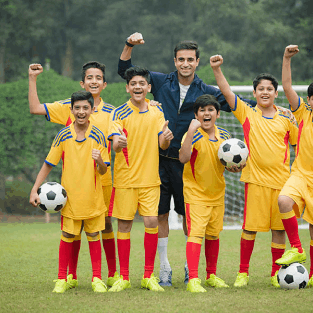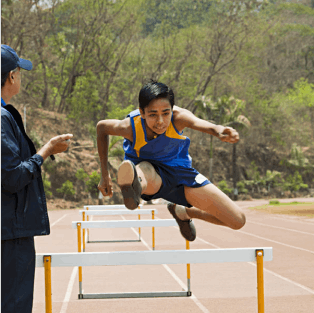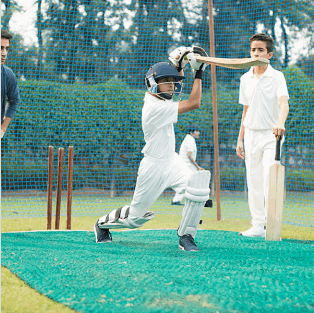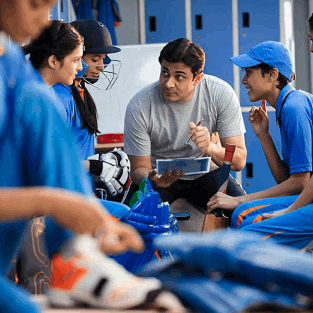Overview
Sports coaches play a multifaceted role in the development and success of athletes and teams across various sports disciplines. One of their primary responsibilities is to teach fundamental skills and techniques relevant to the sport they coach. Whether it's dribbling a basketball, swinging a golf club, or executing a perfect serve in tennis, coaches meticulously instruct players on the proper mechanics and execution of these skills. Through demonstrations, drills, and personalized feedback, coaches help athletes refine their techniques and become more proficient in their respective sports.
In addition to skill development, sports coaches are responsible for devising strategic game plans and tactics to give their team a competitive edge. They analyze the strengths and weaknesses of both their own team and opposing teams, identifying areas for improvement and potential areas of exploitation. Coaches strategically deploy players, make tactical adjustments during games, and devise plays to capitalize on opportunities and overcome challenges. By leveraging their knowledge of the sport and understanding of game dynamics, coaches play a crucial role in guiding their team to victory.
Beyond skill development and strategy, sports coaches serve as mentors and motivators, inspiring players to reach their full potential both on and off the field. Coaches instill discipline, resilience, and a strong work ethic in their players, fostering a culture of dedication and commitment. They provide encouragement, support, and constructive feedback, helping athletes overcome obstacles and thrive in high-pressure situations. Moreover, coaches facilitate team cohesion and unity, cultivating a positive and inclusive environment where players feel valued and motivated to excel. Through their guidance and leadership, sports coaches not only shape athletes into skilled competitors but also instill important life lessons and values that extend beyond the realm of sports.
- Teach Skills
- Strategy Planning
- Motivate Players
- Fitness Training
- Correct Techniques
- Team Building
- Analyzing Opponents
- Game Time Decisions
- Provide Feedback
- Handle Conflicts
